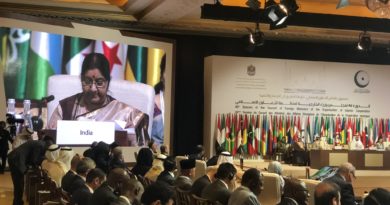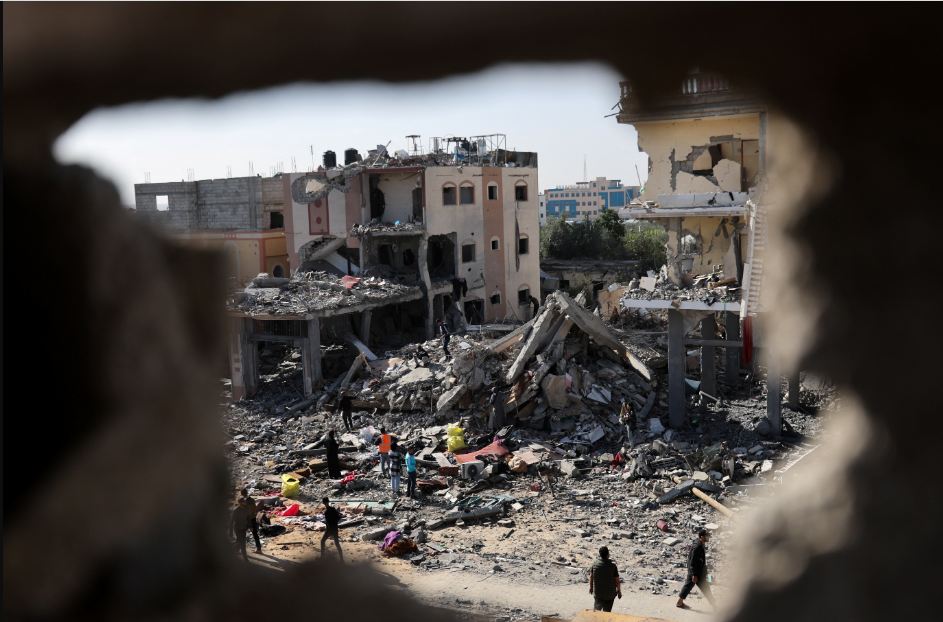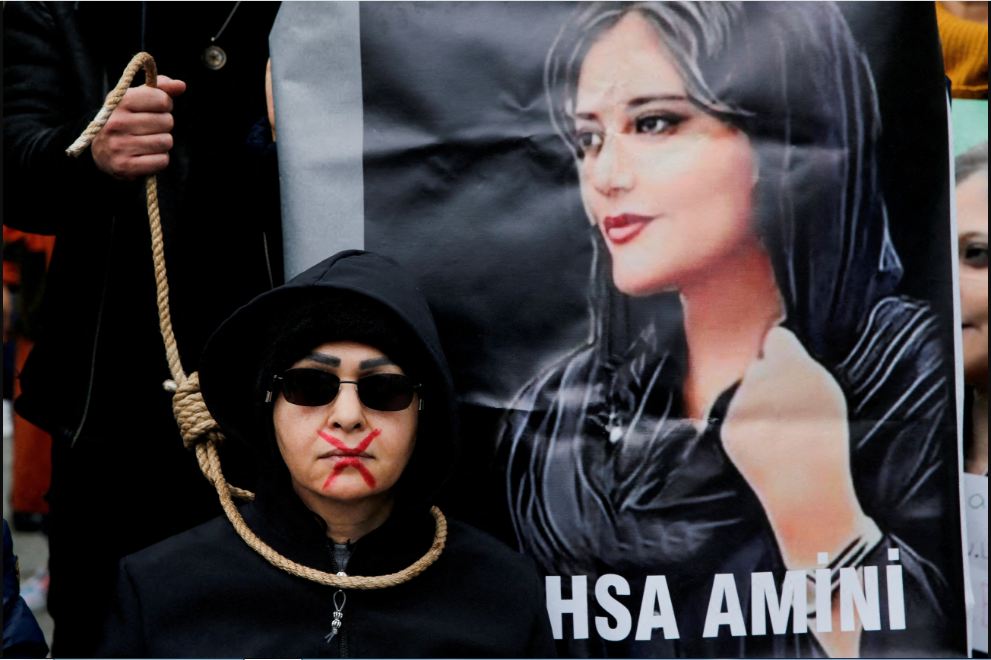ANALYSIS: Qatar, Turkey push to the ascending Egyptian economy
by Dalia Ziada
Egyptian leadership will welcome the Qatari investments in its booming energy sector.
On December 13th, the oil giant “Royal Dutch Shell plc. (commonly known as Shell Company)” announced selling 17% of its project rights in oil and gas blocks in the Egyptian Red Sea, to Qatar Energy. After government approvals from both sides, this will be the first time ever Qatar make direct invests in the Egyptian oil sector. On one hand this indicates how strong the relationship between Egypt and Qatar has become, since the Gulf Reconciliation agreement in January. But most importantly, it refers to how strong the Egyptian economy, especially the energy sector, has become an attraction to giant oil investors from the Middle East region and beyond.
The Qatar Energy investments in the Egyptian Red Sea oil and gas explorations, will allow Qatar to acquire 17% stake in each of Block 3 and Block 4 operated by Shell Exploration & Production (93) B.V., which is a subsidiary of Royal Dutch Shell plc. Meanwhile, Shell, which owns 43% of Block 3 and 21% of Block 4, will remain the operator of both blocks. Another Gulf investor in the same project is the Emirati Mubadala Petroleum LLC., which owns 27% in Block 4. Besides, two Egyptian companies are investing in the project: BHP Petroleum (Egypt) Limited with 30% in Block 3 and 25% in Block 4, and the Egyptian Tharwa Petroleum S.A.E. with 10% in Block 3 and 10% in Block 4.
Shell sold the shares to Qatar Energy and the aforementioned investors based on a Farm Out Agreement (FOA), which is a type of contract which enables an existing project participant to add new parties to the project by selling a percentage stake in the venture. For the agreement to be put in effect, the Egyptian government and parliament must endorse the procedure. Given the positively developing relationship between Qatar and Egypt, it is highly likely that the Egyptian leadership will welcome the Qatari investments in its booming energy sector.
Since the signing of Al-Ula agreement, during the Gulf Summit, held in January, Egypt and Qatar have been determined to fix their torn relationship and build a fruitful cooperation, not only on fulfilling bilateral interests, but also on co-managing chronic regional troubles, such as the Israel-Palestinian conflict. Since the latest episode of war between Israel and Hamas, in May, Egypt and Qatar have been closely coordinating to reconstruct the Gaza strip and provide humanitarian aid to the Palestinians living there. This level of cooperation between Egypt and Qatar was an impossibility, only a few months ago.
Unlike what most people believe, this is the first time ever Qatar Energy directly invests in the Egyptian ascending economic power of oil and natural gas. In the past, all Qatar investments in Egypt’s energy sector were channeled through the Arab Refining Company (ARC), and limited to one project that started in 2012, under the rule of the Muslim Brotherhood, and was not completed until in 2019. To further explain; ARC is owned by private shareholders, including the Egyptian Citadel (Qala’a) Holdings and some Arab Gulf investors. One of the giant Gulf investors in ARC was the Qatari state-owned company “Qatar Petroleum,” which changed its name later to “Qatar Energy.” It owns 38.1% of the ARC shares. The Arab Refining Company owns 66.6% in the Egyptian Refining Company, which is an Egyptian state-owned company. That is why there were cooperation between Qatar Petroleum and the Egyptian Refining Company, in the past. But, again, it was not a direct investment in the Egyptian energy sector and was limited to only one project, which is not as huge as the current investments Qatar is currently seeking to make in the Egyptian Red Sea.
In addition to Qatar, Egypt’s relationship with Turkey is taking a new positive turn as the two sides started to make a fruitful use of the Mediterranean wealth of natural gas. According to data published by S&P Global Platts Analytics, in the period between October and December, Egypt shipped to Turkey seven cargos of Liquified Natural Gas (LNG), extracted from Idku and Demietta plants, at Egypt’s shores in the Mediterranean. This is the first time Egypt provides Turkey with such high volume of LNG exports, despite its contracts with Greece and Cyprus, within the EastMed Gas Organization. In the past, similar exports from Egypt to Turkey were only limited to mineral oils and plastics.
Qatar investments in the Egyptian energy sector and Turkey’s growing dependence on Egypt for natural gas supply are indicators on the increasing strength of the Egyptian economy. In a recent report, the International Monetary Fund expected that Egypt, in 2022, will be the second largest economy in Africa, after Nigeria, and the second largest economy in Arab countries, after Saudi Arabia, with a record GDP that exceeds US$438 billion.
Keeping healthy and balanced relations with all its neighbors in the Middle East, the Mediterranean, and Africa is the real secret behind Egypt’s economic success, despite the pandemic that brought even the most established economies on its knees. It would be interesting to watch how Egypt can balance its economic relations with the Qatar-Turkey axis, with its existing relationships with other Gulf and Mediterranean actors.
Article first published on The Levant News.



